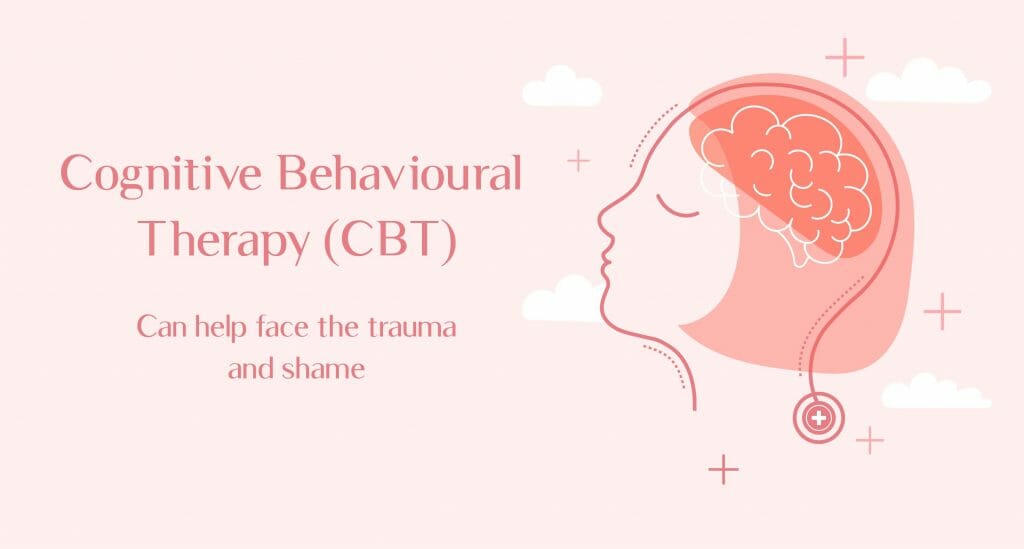Case 1
Ever since he was a child, he was aware of his stuttering. So much so, that whenever his parents took him to a pool party for neighbourhood kids or a birthday party, he could feel his chest tighten and breathing stop. Saying his own name in front of a bunch of strangers was always the worst! His lips would twist, his face would scrunch up and throat would close as he tried to let the first syllable flow out of his mouth.
On such days, lying in bed at night, he would dream about a future when he would have completely fluent and “normal” speech as an adult. He was aware that almost all the role models of his life – Bruce Willis and James Earl Jones had one thing in common – they no longer struggled with stuttering. So he had hoped that his stutter would disappear magically once he reached adulthood.
Little did he know that the fear of speaking in front of strangers and the anticipation of a block would chase him through high school into college and well into his professional life. As he grew older, his aversion increased and then followed the overwhelming shame of not being able to say the most common words even 3-year-olds could say without thinking twice.
He shut himself up. Began working from home. Limited communication to emails and messages, and avoided phone calls altogether. Going out for groceries and paying bills was just too much! So he chose to get all essentials delivered at his doorstep and paid bills online.
He had always been suspicious of speech therapists and self-help groups. At 31, he prefers to live alone, hide away from gatherings and has dedicated his life to working from his home. On some nights, he still wonders about a magic pill or potion that can cure stuttering overnight. On other nights he fantasizes about how his life would turn out without stuttering.
Case 2
She was a bright and outgoing kid who was never afraid of new adventures. She was chatty and always at the top of her class. Her speech disfluencies never seemed to get in the way of her achievements till she was out of middle school.
In high school, she quickly realized that speaking differently was a quick ticket for a one- person lunch table in one corner! She was a smart kid, so it didn’t take her long to understand that getting stuck on every day-words can make one the attention of bullies.
She began suppressing her emotions and her stutter. In fact, she made a list of all the words that she was afraid of and avoided saying them at all costs. She pretended to not know the answer when the teacher called her up to the board. Her grades dropped quickly, but she was successful in hiding her stutter almost completely.
She was so good at it that her parents weren’t even aware that she was still stuttering. She was superbly covert and stuttering was indeed a foreign concept to her because she refused to accept her speech disfluency. Her shame kept her from accepting the help she needed years ago for a speech disorder that affects 7 million people across the globe.
Instead, she found herself sinking deeper into despair, fear and the stress that comes from hypervigilance. It wasn’t until her 23 rd birthday when she found herself at the office of a psychological counsellor that she finally found the courage to face the fear that had been chasing her since her early teens.
Her counsellor helped her accept her speech disfluency and helped her get in touch with a renowned speech therapist. Along with regular therapy, and practice she is now able to steer clear of the hyper-vigilance that almost ruined her life.
She is now able to understand that the journey for advanced stuttering towards fluency is a long one. However, she no longer feels the necessity to hide her stutter. Yes, she still stutters! But she does so with flair and confidence. She has found new friends through support groups and she has found happiness since she shunned her avoidance and escape behaviours.
At 28, she has earned a second master’s degree in clinical psychology and she is successfully using her experience with the shame she had experienced as an adolescent and a young adult to guide others towards recovery.
Decoding Shame: our response to trauma
Trauma doesn’t have to be physical or life-threatening. The very fear of losing the respect of our peers or having adults think anyone who stutters is less intelligent than their classmates or friends is sometimes enough to contribute to a life-long trauma. Like in Case 2, feeling different from the others and the fear of being singled out by bullies was enough to drive the person into a shell!
For many who stutter, trauma exists on a wide spectrum and doesn’t stem from a particular incident only. The inability to communicate or use the very words we want to use create repeated experiences of trauma. And this is true for both children and adults.

One should not think that going into speech-language therapy will absolve them of the shame (in case they are feeling it) instantly. Since the shame is only a reflection of the trauma, sometimes, cognitive behavioural therapy (CBT) is must alongside speech therapy to face the trauma. Only then can a person rid themselves of the shame that may come from it.
Bidding adieu to shame
Stuttering is nothing to be ashamed of. Yet the shame of stuttering can manifest in different psychological and physical forms, which are mostly negative coping mechanisms for the individual.
Speech therapy and CBT are extremely helpful, but advanced stuttering typically comes with complex secondary behaviours (avoidance and escape). Self-awareness and honesty are the two most important factors that can help you on your path to freedom from shame.
Apart from sleeping well, eating well and taking care of your health, you will need to put in an extra bit of effort to recover from the effects of the trauma. We have seen that mindfulness practices like yoga, breathing exercises and meditation always help in catalysing the progress of an individual on the path to recovery.
Stamurai is a speech therapy app that can help you will regular speech exercises. You can also find the latest findings on yoga, meditation and breath-work that can help you with your fluency. Apart from being regular with your therapist’s appointments, you can turn to similar speech therapy apps to accelerate your healing process.
Share your story!

We know how difficult and daunting it can be for you to go out there and tell your story on a forum filled with strangers. That’s precisely why Stamurai has a video conferencing mode which will put you in touch with others who have struggled with stuttering. You can share your stories and find inspiration where you least expect it!
Across the world, there are several stuttering associations, support groups (online and in real-life setups) and discussion forums that can genuinely help you find people, who care. You can even ask your SLP for the location and timings of support groups in your area. Support is crucial for fighting shame successfully. People who stutter often cite support as an important factor on their path to self-improvement and fluency.
Of course! There’s a side effect – you might end up with a bunch of life-long friends.
If you feel ready, you can go ahead and share your story with us. Write to us at speechtherapy@stamurai.com










